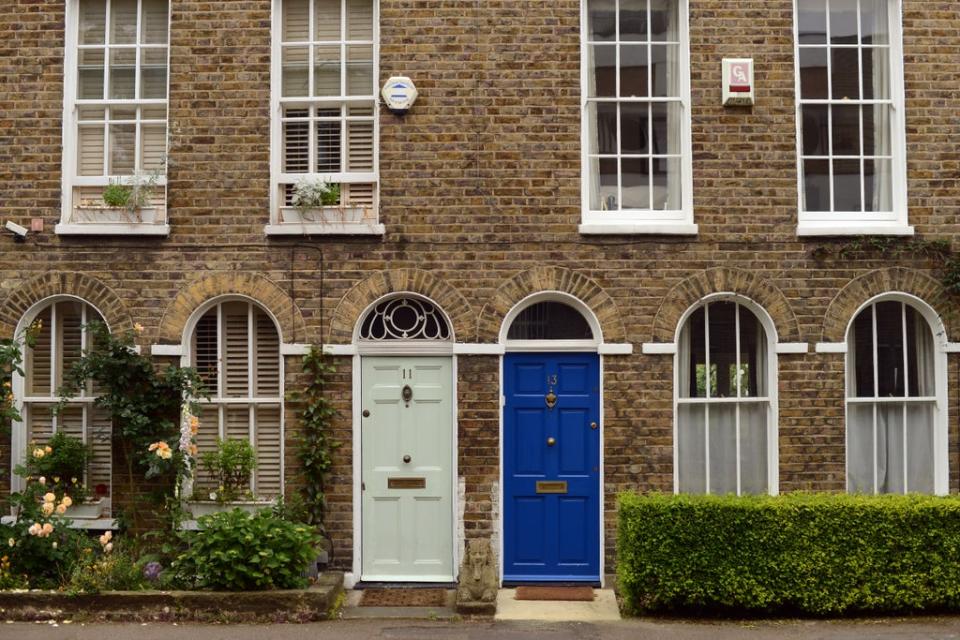Will interest rates rise soon? How will it affect my mortgage repayments?

Our supermarket shop is getting more expensive and so – assuming we can find a petrol station which is open – is filling up our car. And rising inflation is also making an increase in interest rates, which have been at a record low since the start of the pandemic, almost certain.
Andrew Bailey, Governor of the Bank of England, told a recent meeting of economists in London that with prices soaring and inflation running at 3.2 per cent (and rising) the Bank may need to increase the base rate in 2022. “We are monitoring the situation closely,” he said.
What is the base rate and why does it matter?
The base rate is set by the Bank of England and is important to homeowners because it acts as a benchmark for the cost of borrowing money – the lower the base rate the lower interest rates. If the base rate goes up so, inevitably, will mortgage interest rates.
What is the base rate right now?
Last month/September the Bank of England agreed to keep the base rate at 0.1 per cent, where it has stood since March 2020 to help control the economic shock of Covid 19.
This is an absolutely rock bottom level – at the start of 2020 it was 0.75 per cent.
What does the low base rate mean for mortgages?
Ray Boulger, senior technical director at independent mortgage brokers John Charcol, described current mortgage deals as “on the floor” thanks to a combination of low base rate and fierce competition between lenders.
The very lowest rates, for buyers with a deposit or equity of 40 per cent, are just over 0.8 per cent for two year fixed deals, and just over 0.9 per cent for five year deals.
For buyers with a 10 per cent deposit rates are higher – around 1.8 per cent for two year deals and 2.5 per cent for five year deals.
When could interest rates go up?
Early next year is looking likely – politically nobody wants to put rates up before Christmas, but unless inflation suddenly subsides Boulger things there will be a rise of the base rate to 0.5 per cent in early 2022 and by the end of the year it could have inched up to 0.75 or even one per cent.
What can I do to prepare?
Since there isn’t a huge difference between rates being offered for two and five year deals Boulger thinks that opting for a five year deal would be a sensible way to insulate yourself against future rate hikes – particularly since you’ll need to pay fees to remortgage once a two year deal expires.
And he suggests anybody looking to buy or remortgage between now and spring should start looking now.
“A lot of lender offers are valid for six months,” he pointed out. “It is not too early to start looking around now if you are going to be getting a mortgage in March 2022.”
The exception to this rule is buyers who expect to be moving over the next couple of years – many five year deals come with penalty clauses for early repayments which could wipe out the cash benefits of their lower interest rates.
If my interest rates go up how much will it actually cost me each month?
If you have a £500,000 mortgage your monthly repayments, over 25 years, will be £1,883pcm at one per cent. At 1.5 per cent this jumps to £2,000pcm, and at two per cent repayments rise to £2,120pcm.
How high could rates go?
The highest base rate ever seen in the UK was 17 per cent in 1979, and the 21st century began with a rate of 5.75 per cent in January 2000. The base rate was dropped during the economic crisis, to stimulate the economy, and hit an all-time low of 0.1 per cent last year.
Boulger thinks it is highly unlikely the base rate will rise substantially in the foreseeable future – partly because of the spectre of repossessions, a hallmark of previous recessions, and to avoid exerting extra pressure on businesses already struggling to deal with shortages of staff and raw materials.
The Bank will need to balance the need to curb inflation with the need to help support a post-pandemic recovery — particularly with the furlough scheme coming to an end.
“And the Government has borrowed so much money that even an 0.5 per cent increase would have a big impact,” added Boulger. “It is not in its interests for rates to rise.”
Read More
Mortgage price war helps lift average UK house prices to record high
Mortgage approvals tumble after changes to stamp duty holiday

 Yahoo News
Yahoo News 